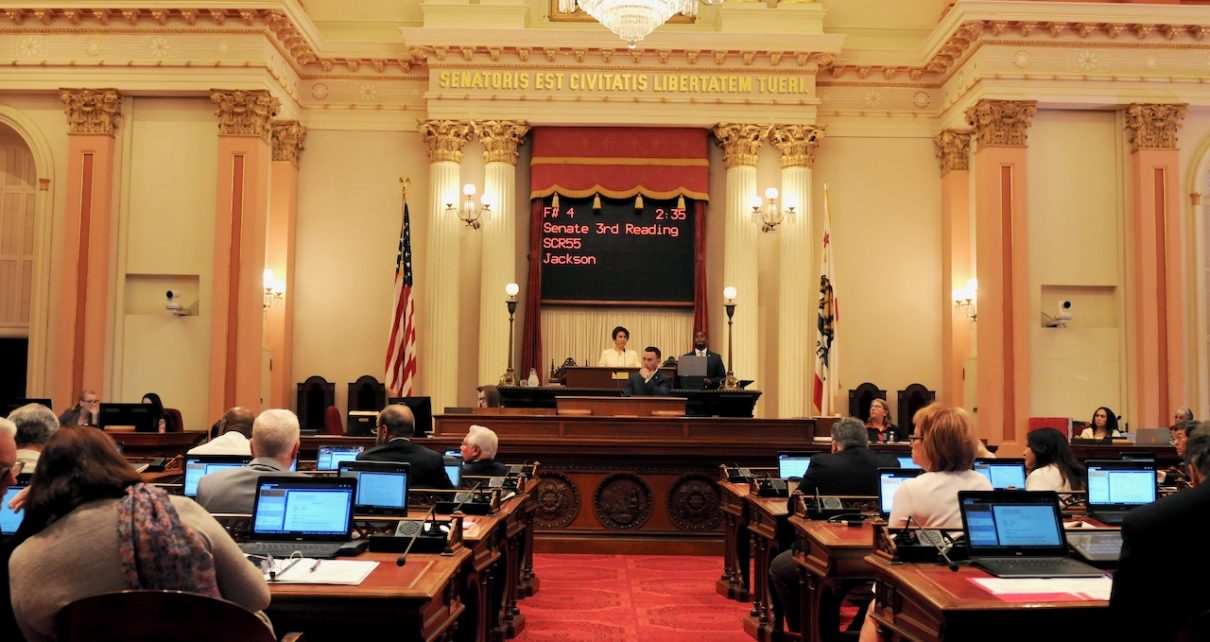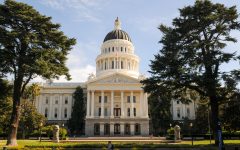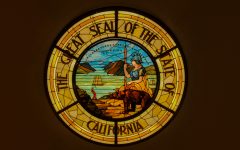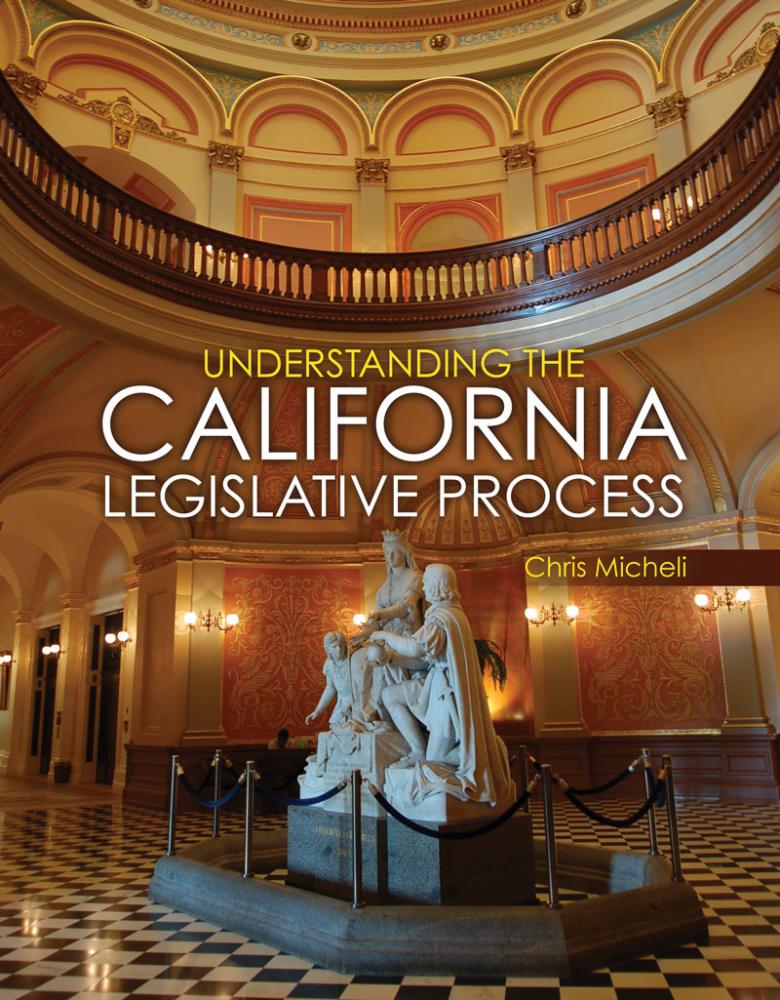
California State Senate. (Photo: Kevin Sanders for California Globe)
Are Legislative Findings in California’s Political Reform Act Bills Sufficient?
The Legislature should consider adding some explanatory language
By Chris Micheli, March 5, 2022 8:00 am
In reviewing recently-introduced legislation that proposes amendments to California’s Political Reform Act (PRA), the same legislative finding and declaration is made in each bill. It is a simplistic statement that raises the question whether this language meets the requirement of the PRA.
California’s Political Reform Act was enacted by the voters in June 1974 by Proposition 9, which was a statutory initiative. The PRA is found in the California Government Code. Article II, Section 10 of the California Constitution provides in Subdivision (c)
(c) The Legislature may amend or repeal a referendum statute. The Legislature may amend or repeal an initiative statute by another statute that becomes effective only when approved by the electors unless the initiative statute permits amendment or repeal without the electors’ approval.
This provision only allows an initiative that was adopted by the state’s voters to be amended by the Legislature (such as Prop. 9) if the initiative permits amendment without the electorate’s approval. The PRA does allow amendment by the Legislature. Among the numerous statutes that comprise the PRA is Government Code Section 81012. The language of Section 81012 reads as follows:
This title may be amended or repealed by the procedures set forth in this section. If any portion of subdivision (a) is declared invalid, then subdivision (b) shall be the exclusive means of amending or repealing this title.
(a) This title may be amended to further its purposes by statute, passed in each house by rollcall vote entered in the journal, two-thirds of the membership concurring and signed by the Governor, if at least 12 days prior to passage in each house the bill in its final form has been delivered to the commission for distribution to the news media and to every person who has requested the commission to send copies of such bills to that person.
(b) This title may be amended or repealed by a statute that becomes effective only when approved by the electors.
As a result, the Legislature may amend the PRA “to further its purposes.” So, when the Legislature desires to amend the PRA, it includes in a “plus section” (which can be seen at the end of a bill that proposes to amend the PRA) a legislative finding and declaration. The following is an example of what is contained in almost every PRA amendment bill:
The Legislature finds and declares that this bill furthers the purposes of the Political Reform Act of 1974 within the meaning of subdivision (a) of Section 81012 of the Government Code.
The question to address is whether the language in the above example is sufficient or if there should be some explanation why the Legislature believes the PRA’s purpose is being furthered by its proposed amendment. The following are the provisions of the PRA that set forth its purposes after the people’s findings and declarations:
Government Code Section 81001 provides:
The people find and declare as follows:
(a) State and local government should serve the needs and respond to the wishes of all citizens equally, without regard to their wealth;
(b) Public officials, whether elected or appointed, should perform their duties in an impartial manner, free from bias caused by their own financial interests or the financial interests of persons who have supported them;
(c) Costs of conducting election campaigns have increased greatly in recent years, and candidates have been forced to finance their campaigns by seeking large contributions from lobbyists and organizations who thereby gain disproportionate influence over governmental decisions;
(d) The influence of large campaign contributors is increased because existing laws for disclosure of campaign receipts and expenditures have proved to be inadequate;
(e) Lobbyists often make their contributions to incumbents who cannot be effectively challenged because of election laws and abusive practices which give the incumbent an unfair advantage;
(f) The wealthy individuals and organizations which make large campaign contributions frequently extend their influence by employing lobbyists and spending large amounts to influence legislative and administrative actions;
(g) The influence of large campaign contributors in ballot measure elections is increased because the ballot pamphlet mailed to the voters by the state is difficult to read and almost impossible for a layperson to understand; and
(h) Previous laws regulating political practices have suffered from inadequate enforcement by state and local authorities.
Government Code Section 81002 provides:
The people enact this title to accomplish the following purposes:
(a) Receipts and expenditures in election campaigns should be fully and truthfully disclosed in order that the voters may be fully informed and improper practices may be inhibited.
(b) The activities of lobbyists should be regulated and their finances disclosed in order that improper influences will not be directed at public officials.
(c) Assets and income of public officials which may be materially affected by their official actions should be disclosed and in appropriate circumstances the officials should be disqualified from acting in order that conflicts of interest may be avoided.
(d) The state ballot pamphlet should be converted into a useful document so that voters will not be entirely dependent on paid advertising for information regarding state measures.
(e) Laws and practices unfairly favoring incumbents should be abolished in order that elections may be conducted more fairly.
(f) Adequate enforcement mechanisms should be provided to public officials and private citizens in order that this title will be vigorously enforced.
Should the bills that propose amendments to the PRA include reference to any of these findings and declarations or purposes? That is the approach often taken with urgency clauses and special statutes. If courts examine the urgency clause or special statute findings, there is at least a short sentence or paragraph that explains why the Legislature has determined a particular bill needs an urgency clause or why the bill qualifies as a special statute.
As another example, California’s AUMA (allowing the adult use of cannabis) initiative statute similarly allows legislative amendment if those amendments further the purposes of the AUMA. A recently-introduced bill amending the AUMA contains the what could be an example for PRA amendment bills:
The Legislature finds and declares that this act furthers the purposes and intent of the Control, Regulate and Tax Adult Use of Marijuana Act (AUMA) by accomplishing all of the following:
(a) Preventing the illegal diversion of cannabis to other states by providing legal and regulated channels for multistate commercial cannabis activities.
(b) Reducing barriers to entry into the legal, regulated market by providing additional legal outlets for cannabis and cannabis products produced in California.
(c) Ensuring that cannabis and cannabis products produced in other states and sold in this state meet the same testing and packaging requirements required under AUMA.
So, perhaps the bills that propose to amend the PRA should also provide some rationale for their proposed amendments so that, if the legislation were challenged in litigation, courts would have a basis for understanding why the Legislature determined the bill made an amendment to the PRA that furthered its purposes. As a result, the Legislature should consider adding some explanatory language to their simple statements in PRA-amendment bills.
- Verdicts in Jury Trials - February 6, 2026
- Exchange Services for Supervised Child Visitation - February 6, 2026
- General Provisions on Enforcement of Judgments - February 5, 2026





I’d be happy if I didn’t have to be a legal scholar to understand not only California’s government codes, but the propositions we vote on!